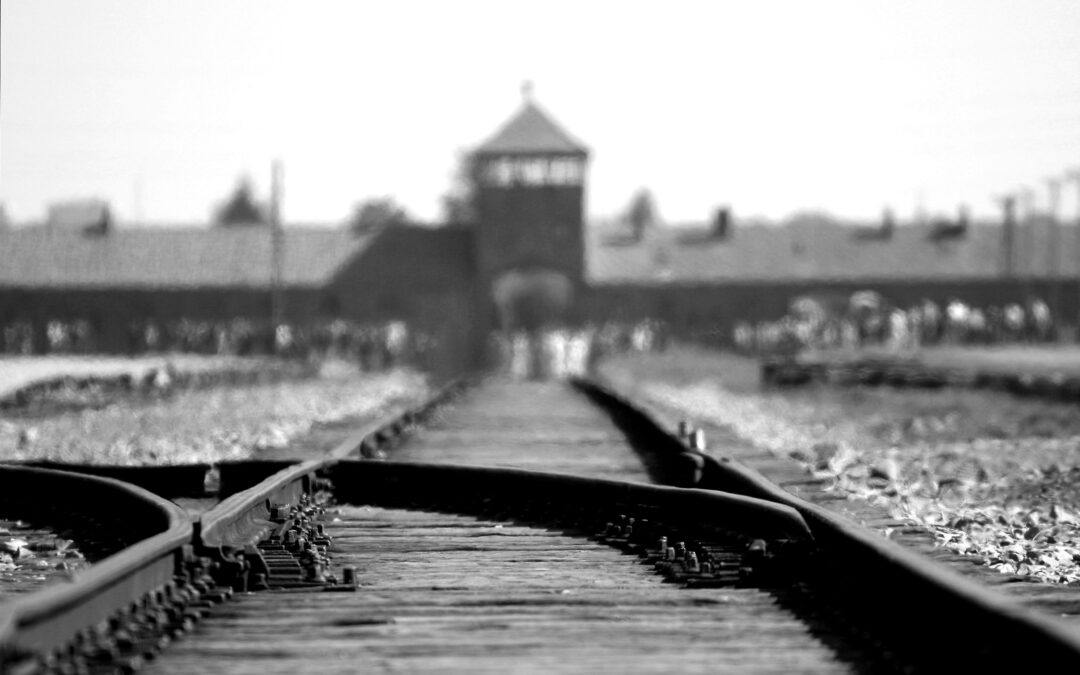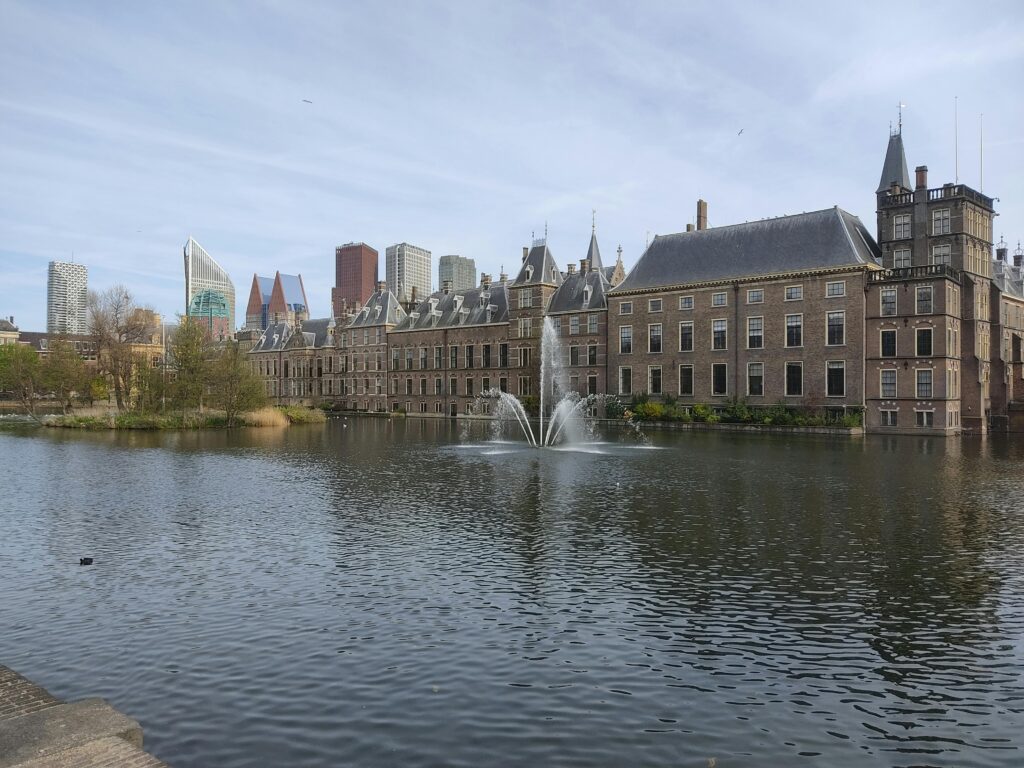Holocaust denial is a serious problem among teenagers today, with many choosing to reject or minimize the realities of this dark period in history. It is essential to understand the underlying reasons for this phenomenon in order to prevent it from spreading further. Some experts attribute this denial to a lack of Holocaust education in schools, while others point to an increase in Holocaust-denying rhetoric on social media. There are also those who believe that teenagers’ Holocaust denial is rooted in a desire to stand out or fit in with their peers. Uncovering the varied motivations behind this rejection of history is the first step in addressing this troubling trend. Through a combination of education, discussion, and critical thinking, we can work together to ensure that the horrors of the Holocaust are never forgotten.
Uncovering the Reasons Behind Teenagers’ Holocaust Denial
Holocaust denial is a serious problem among teenagers today, with many choosing to reject or minimize the realities of this dark period in history. It is essential to understand the underlying reasons for this phenomenon in order to prevent it from spreading further. Some experts attribute this denial to a lack of Holocaust education in schools, while others point to an increase in Holocaust-denying rhetoric on social media. There are also those who believe that teenagers’ Holocaust denial is rooted in a desire to stand out or fit in with their peers. Uncovering the varied motivations behind this rejection of history is the first step in addressing this troubling trend. Through a combination of education, discussion, and critical thinking, we can work together to ensure that the horrors of the Holocaust are never forgotten.
Causes of Teenagers’ Holocaust Denial
The reasons behind teenagers’ Holocaust denial are complex and varied, but some of the most commonly cited causes include a lack of Holocaust education in schools, the influence of social media, and peer pressure to stand out. Let’s take a closer look at each of these factors.
Lack of Holocaust Education in Schools
It is well-documented that many schools across the world fail to provide adequate Holocaust education. Without a comprehensive understanding of the Holocaust, teenagers are much more likely to be swayed by Holocaust-denying rhetoric and misinformation. A survey conducted by the Anti-Defamation League found that nearly one-third of U.S. students could not identify Auschwitz as a Nazi concentration camp, and most respondents said they had not received any Holocaust education in school. This lack of knowledge leaves young people more vulnerable to Holocaust denial.
Influence of Social Media
Social media has become a powerful tool for spreading Holocaust denial, with many teenagers turning to platforms such as Twitter and YouTube to share their views. This type of rhetoric often goes unchecked, and it can be difficult to distinguish between factual information and false claims. The ease of posting and sharing content on social media also makes it difficult to identify and address the sources of Holocaust denial.
Peer Pressure to Stand Out
Peer pressure is another factor that contributes to teenagers’ Holocaust denial. Young people often feel pressure to stand out or fit in with their peers, which can lead them to deny the Holocaust in order to appear unique or gain acceptance. This type of denial is particularly dangerous because it can lead to a false sense of security, with teenagers believing that rejecting the realities of the Holocaust will protect them from criticism or ridicule.
Strategies to Combat Holocaust Denial
In order to combat Holocaust denial among teenagers, we must first understand the underlying causes of this phenomenon. Once we have identified these causes, we can begin to implement strategies to address them.
Increasing Holocaust Education in Schools
One of the most effective ways to combat Holocaust denial is to increase Holocaust education in schools. Teaching students about the Holocaust in an engaging and comprehensive way will help them understand the full scope of this dark historical period. It is also essential to ensure that students are provided with the opportunity to discuss and analyze the Holocaust in a safe and respectful environment.
Monitoring Social Media Content
It is also essential to monitor and address Holocaust-denying content on social media. This can be done by reporting or flagging posts that contain false information or hate speech. We must also encourage teenagers to be more critical of the information they encounter on social media and to question the sources of this content.
Promoting Discussions on the Holocaust
Promoting open and honest discussions on the Holocaust is another important strategy for combating Holocaust denial. These discussions should be led by qualified experts and should encourage teenagers to form their own opinions on the events of the Holocaust. It is also important to provide teenagers with historical context and to emphasize the importance of remembering the victims of this genocide.
Encouraging Critical Thinking
Finally, we must encourage teenagers to engage in critical thinking when it comes to Holocaust denial. This means encouraging them to ask questions, challenge false information, and think critically about the sources of Holocaust denial. We must also ensure that teenagers are provided with the opportunity to express themselves in a respectful and safe manner.
Conclusion
Holocaust denial is a serious problem among teenagers today, and it is essential that we understand the underlying causes of this phenomenon in order to address it effectively. Through a combination of increased Holocaust education in schools, monitoring of social media content, promoting discussions on the Holocaust, and encouraging critical thinking, we can work together to ensure that the horrors of the Holocaust are never forgotten.


